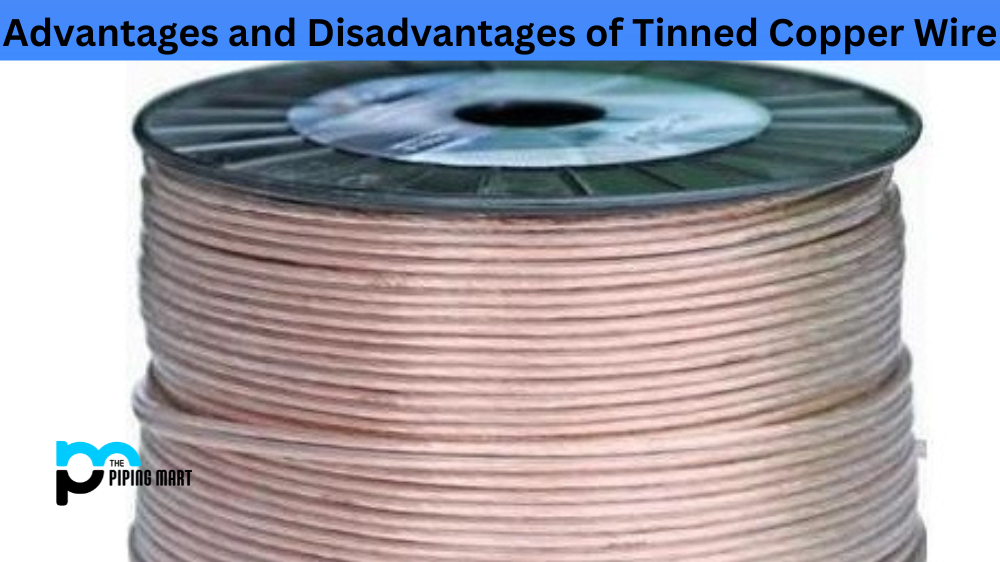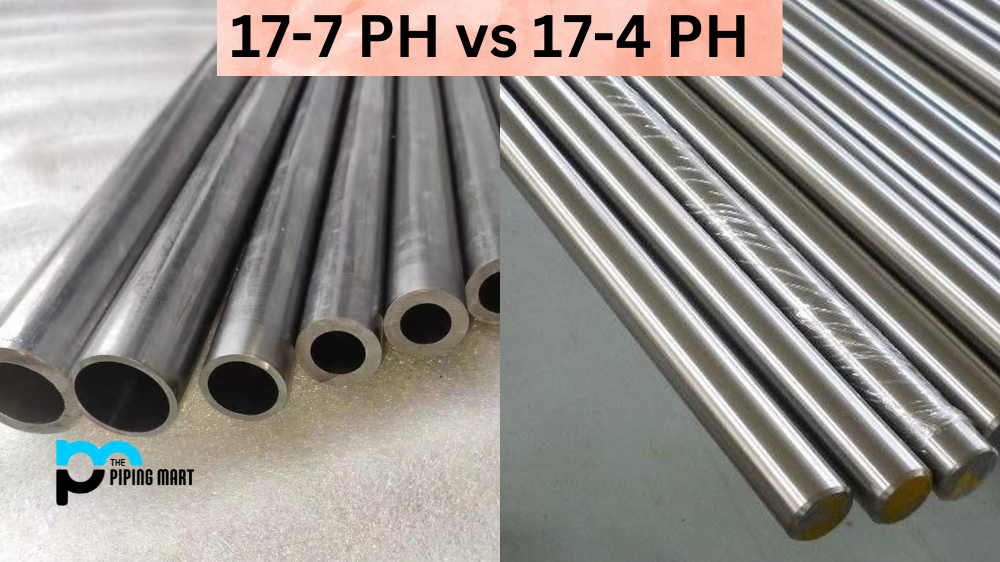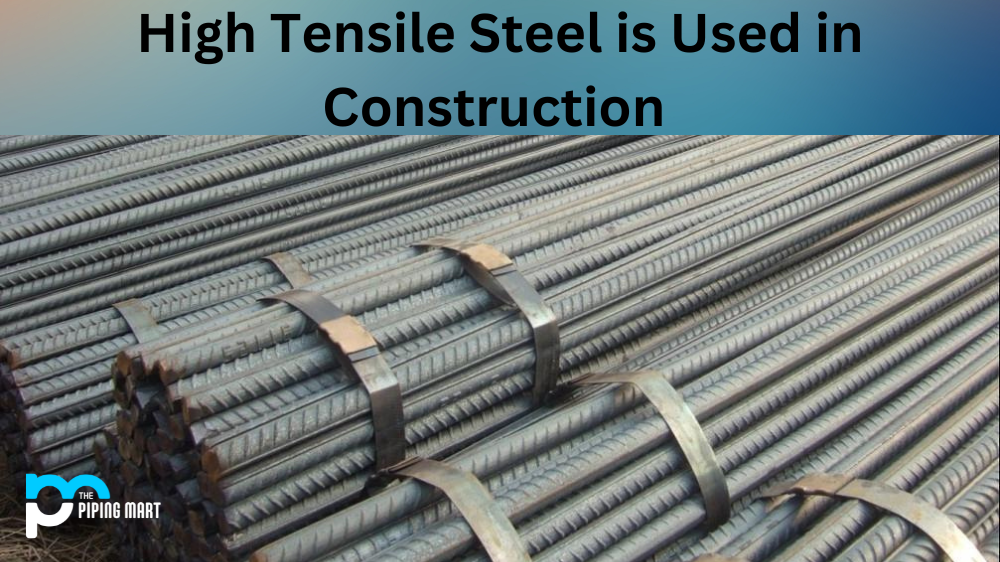Tinned copper wire is popular in electrical and electronic industries due to its excellent electrical conductivity and corrosion resistance. However, tinned copper wire has advantages and disadvantages like any other material. This article will discuss the pros and cons of using tinned copper wire and help you make an informed decision.
Advantages of Tinned Copper Wire
Tinned copper wire offers major advantages when used in applications requiring resistance to salt water and other corrosive environments. The tin coating makes the wire more corrosion-resistant, increasing longevity and greater electrical performance. Tinned copper is also easier to solder than bare copper, making it an ideal choice for wiring installations that require soldering. Following are some more advantages to Tinned Copper Wire:
Corrosion Resistance
Tinned copper wire is coated with a thin tin layer, increasing its resistance to oxidation and corrosion. This makes it suitable for marine and humid environments where other bare copper wires would deteriorate rapidly.
Better Soldering
The tin coating on the copper wire provides a better surface for soldering. Tin forms a eutectic alloy with solder, which helps to create a stronger joint and reduces the risk of overheating or damage to the wire.
Improved Flexibility
Tinned copper wire is more flexible than bare copper wire, which makes it easier to install and work within tight spaces. The tin coating also provides the following:
- A lubricating effect.
- Reducing friction between the strands.
- Allowing for more efficient electrical transfer.
Disadvantages of Tinned Copper Wire
Tinned copper wire is subject to corrosion and oxidation if exposed to moisture or harsh weather conditions. This can lead to decreased flexibility, increased electrical resistance, and weakened connections over time. Additionally, tinned wire is more expensive than uncoated options, so cost may be a factor when selecting wiring materials. The following are some drawbacks of Tinned Copper Wire :
Higher Cost
Tinning copper wire adds a manufacturing step, resulting in a higher cost than bare copper wire.
Thinner Coating
The thickness of the tin coating varies between manufacturers and can be as thin as 0.000002 inches. This thin layer can quickly wear out in harsh environments or with frequent use, leading to possible performance issues.
Not Suitable for High-Frequency Applications
There may be better choices than tinned copper wire due to the skin effect phenomenon for high-frequency applications. The skin effect causes current to travel on the surface of the wire conductor, and the thin tin coating may create resistance and affect the transmission speed.
Conclusion:
In conclusion, tinned copper wire has several advantages, such as corrosion resistance, better solderability, and improved flexibility, which make it a suitable option for various applications. However, it has a few disadvantages, such as higher cost, thinner coating, and unsuitability for high-frequency applications. It is important to weigh the pros and cons against your specific application requirements before deciding. At Allied Wire and Cable, we can help you choose the suitable copper wire for your project, and our experienced sales team is always ready to assist you with your wire and cable needs.

Abhishek is a seasoned blogger and industry expert, sharing his insights and knowledge on various topics. With his research, Abhishek offers valuable insights and tips for professionals and enthusiasts. Follow him for expert advice on the latest trends and developments in the metal industry.



